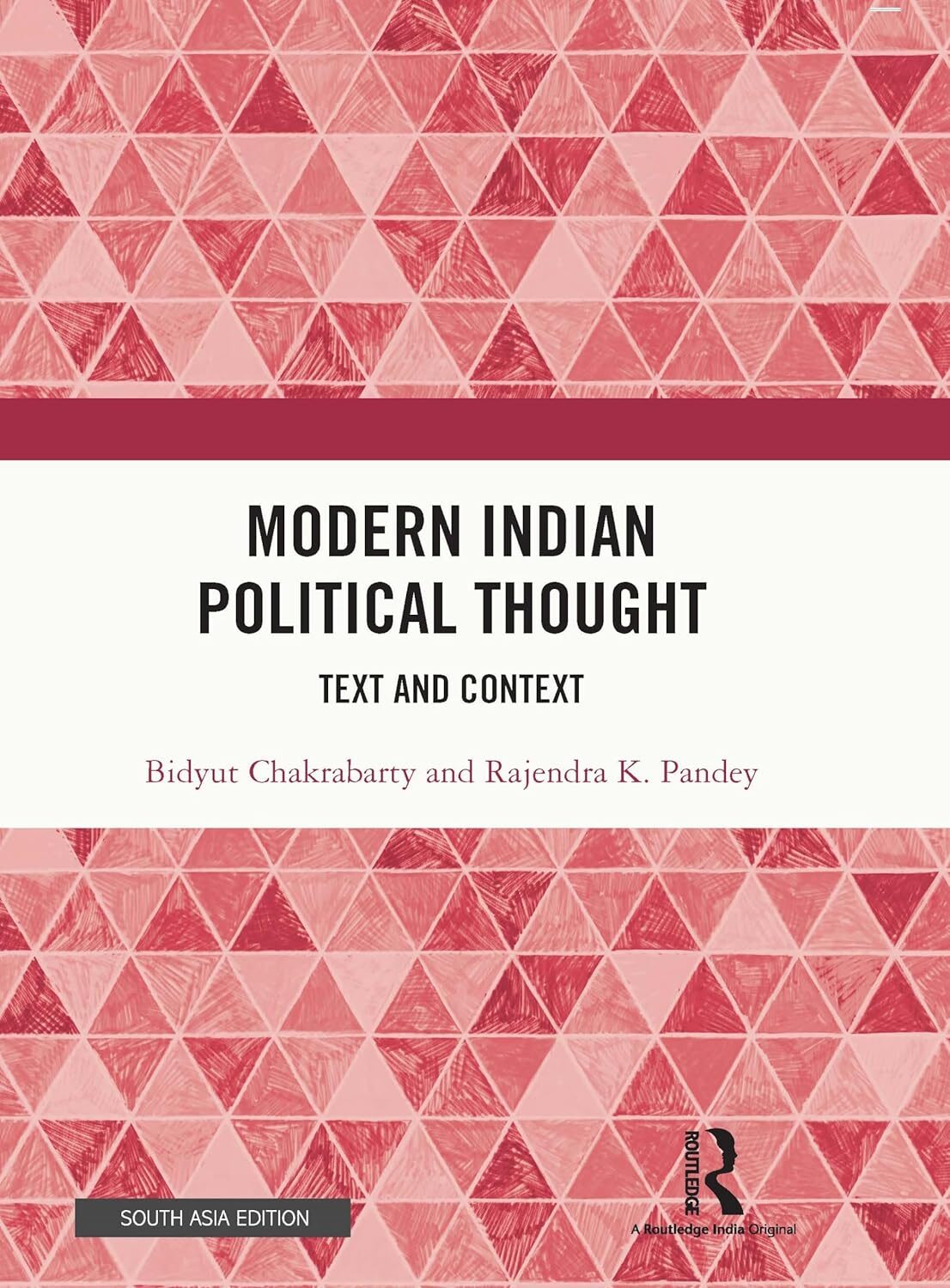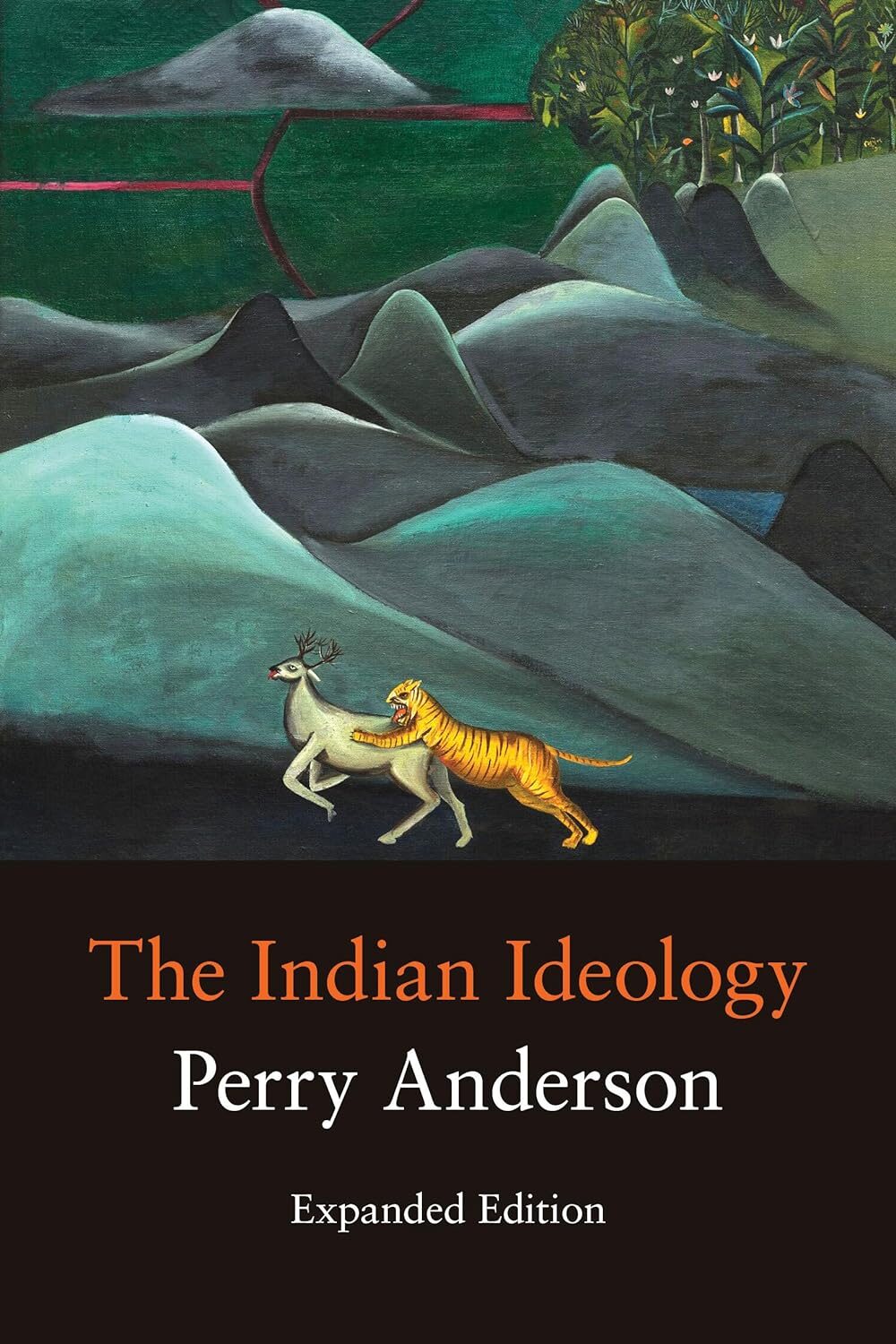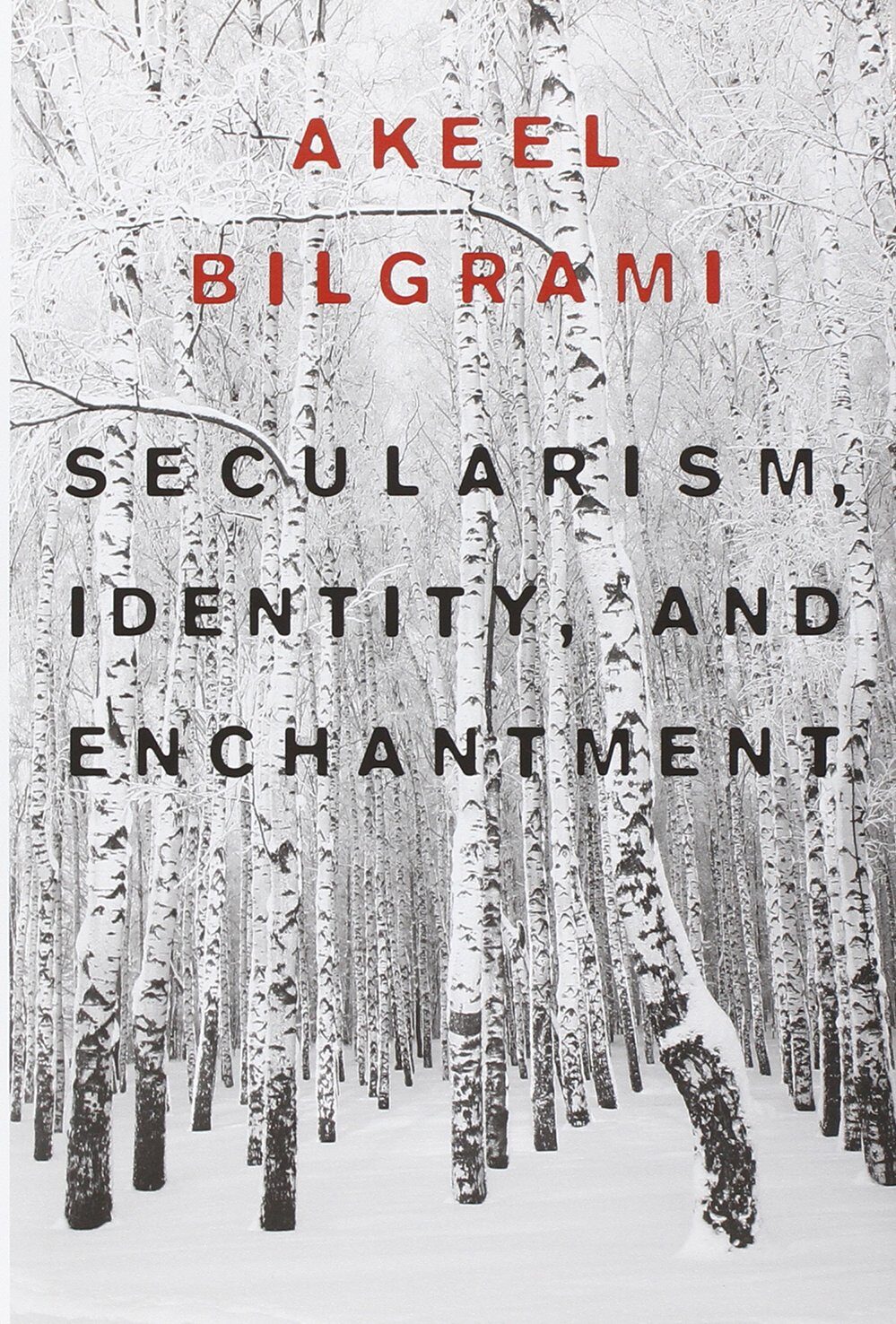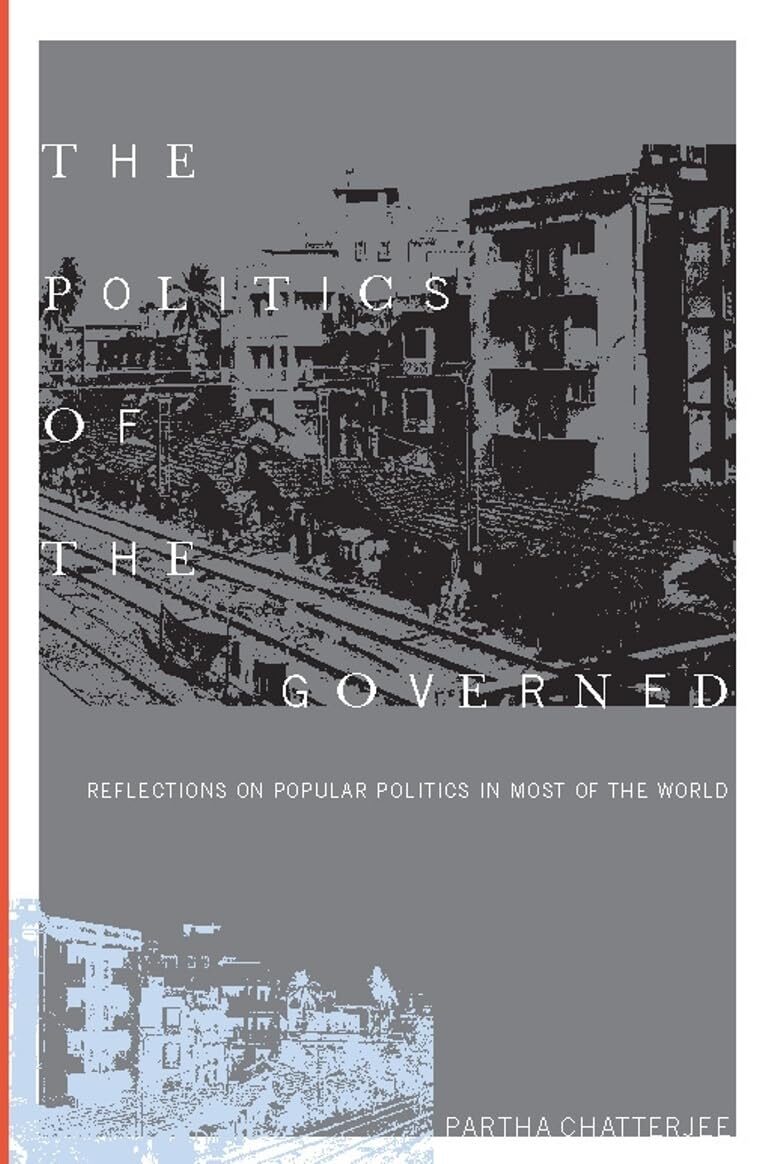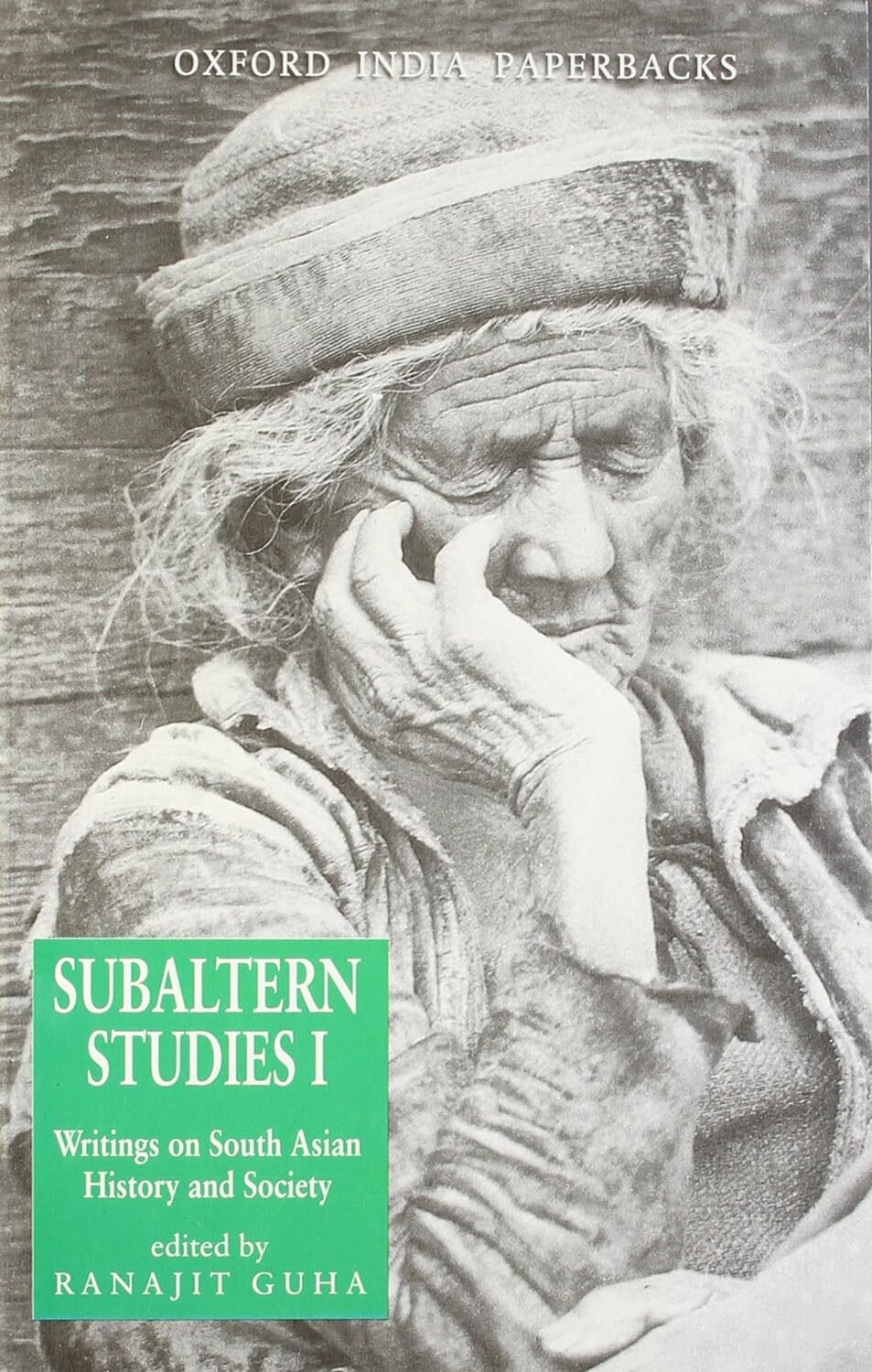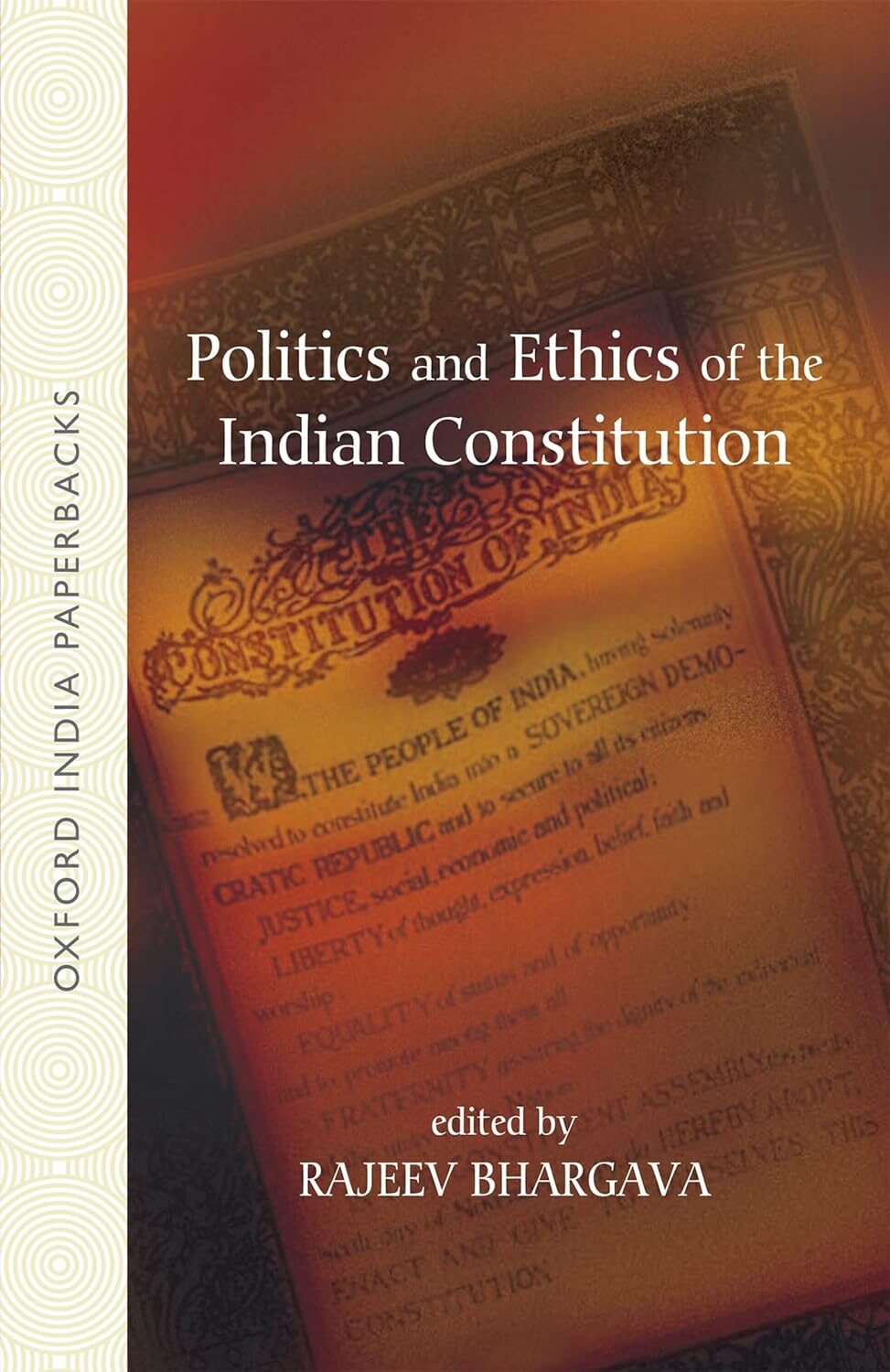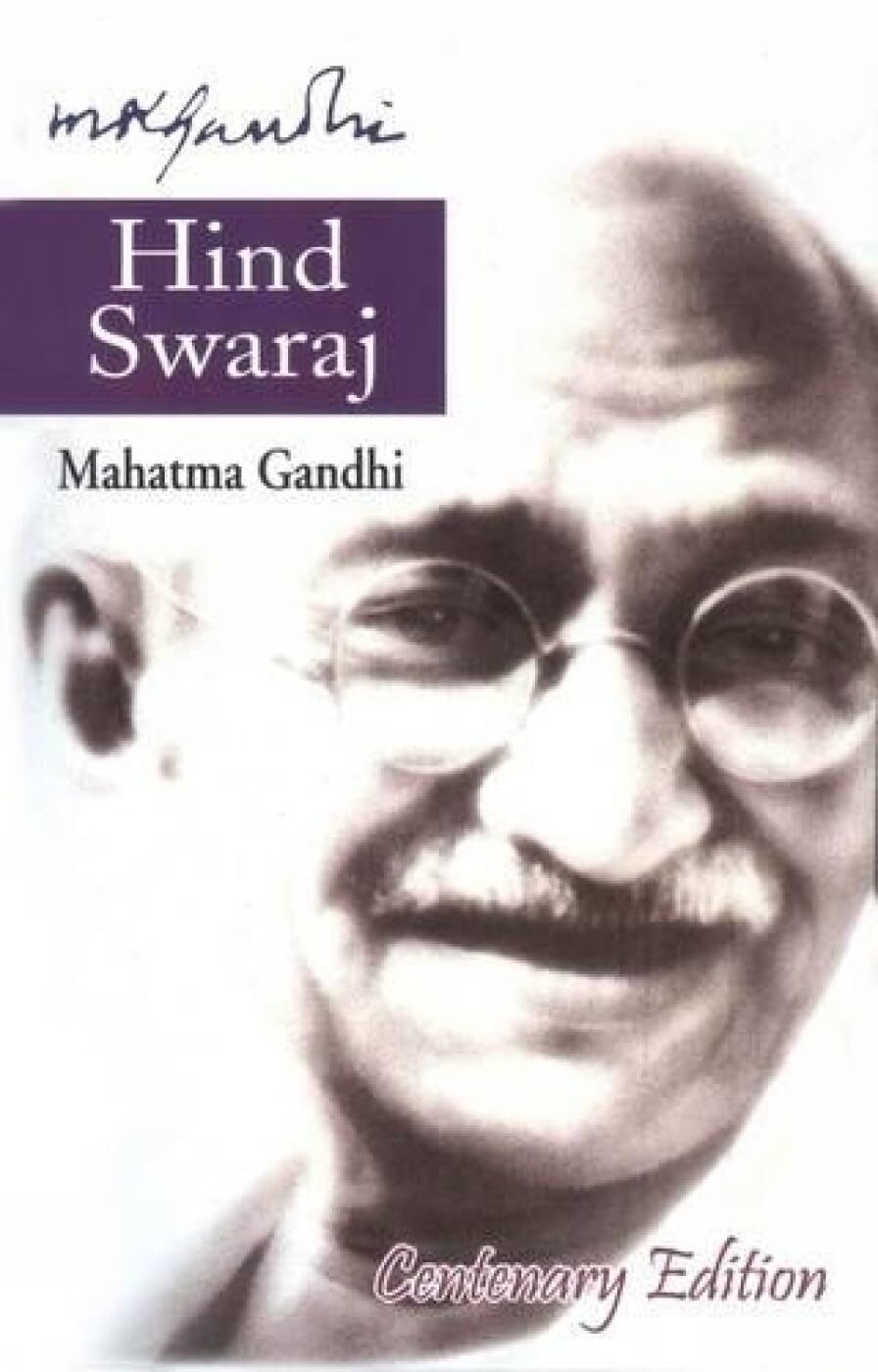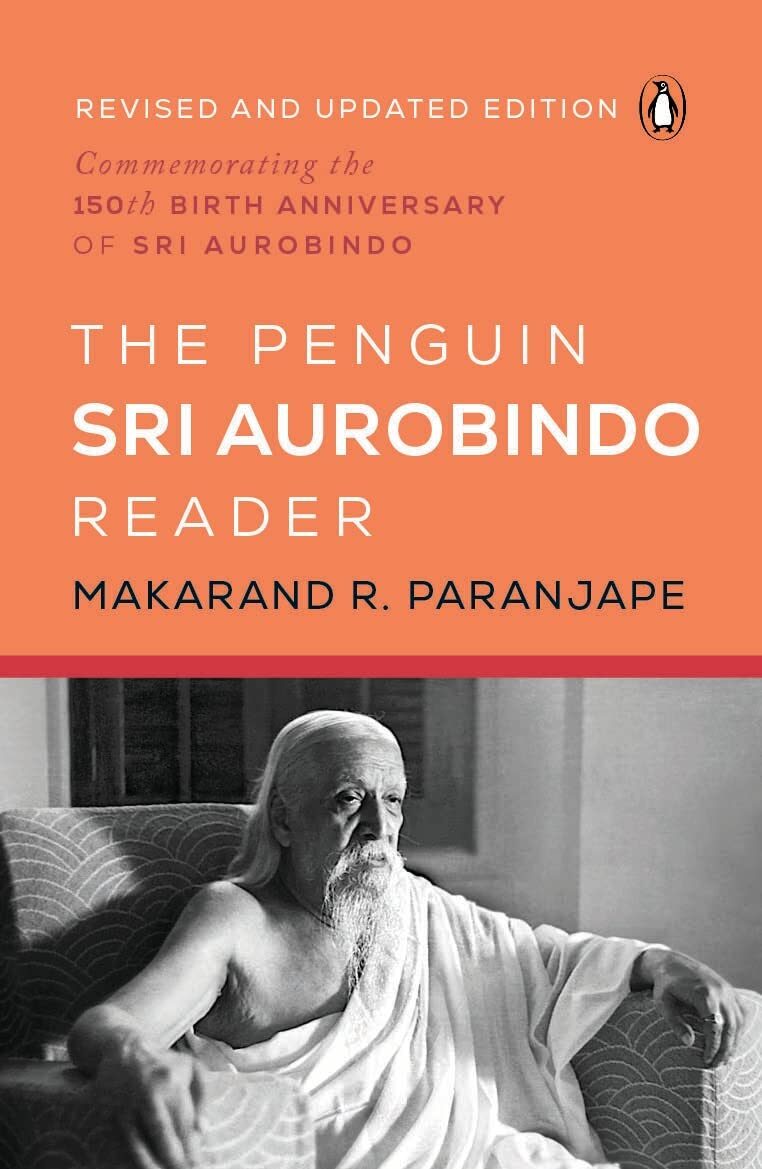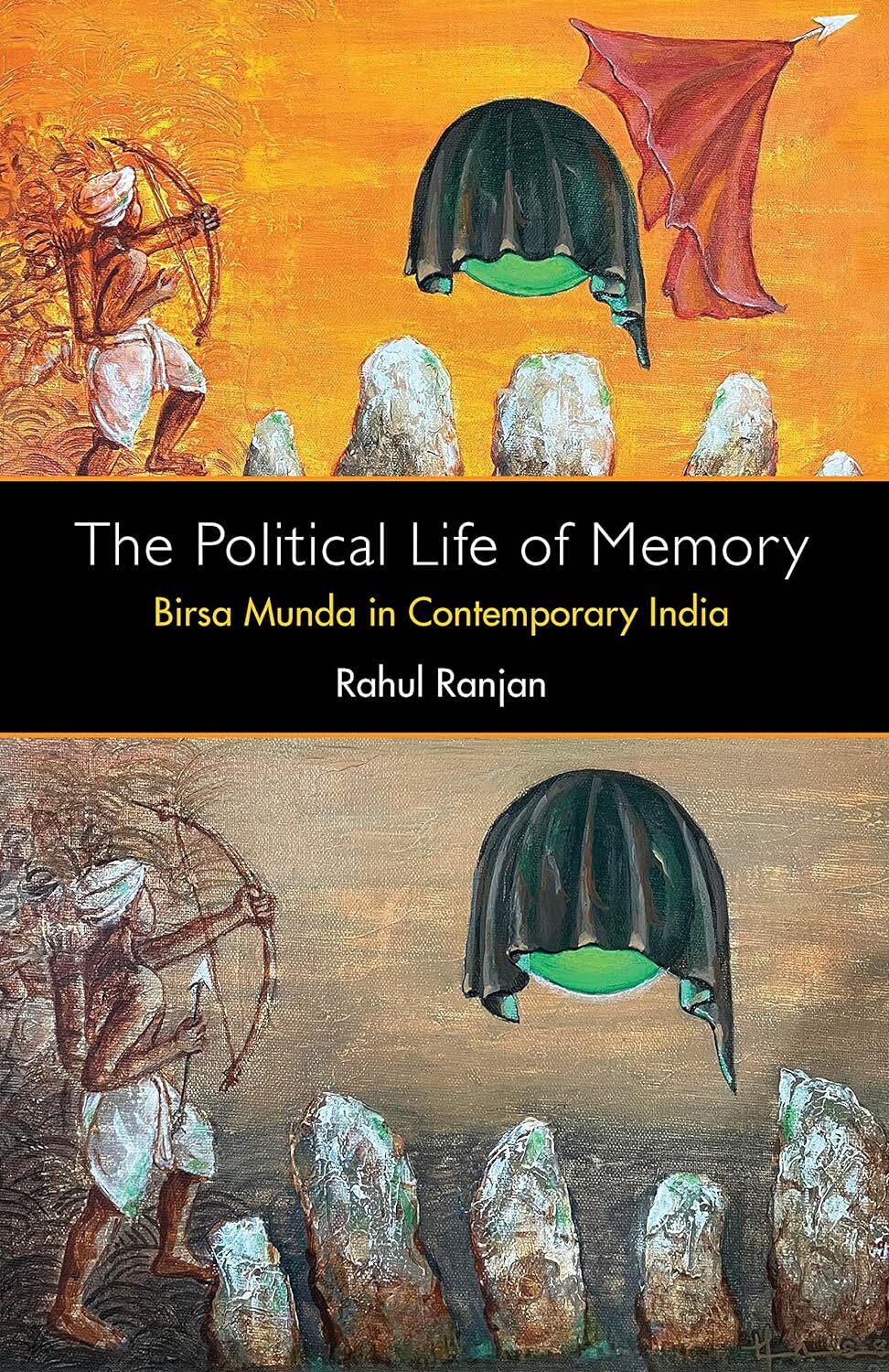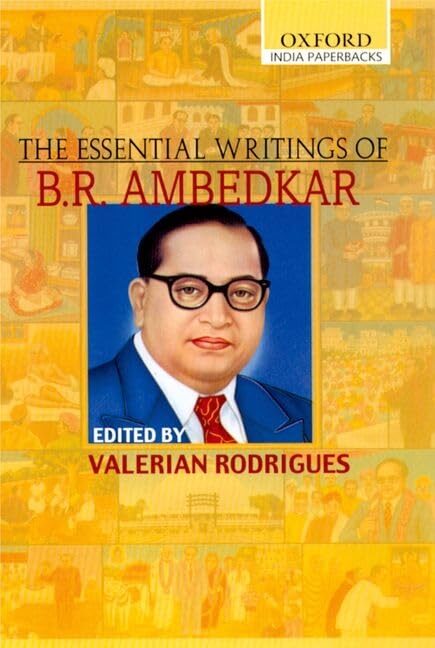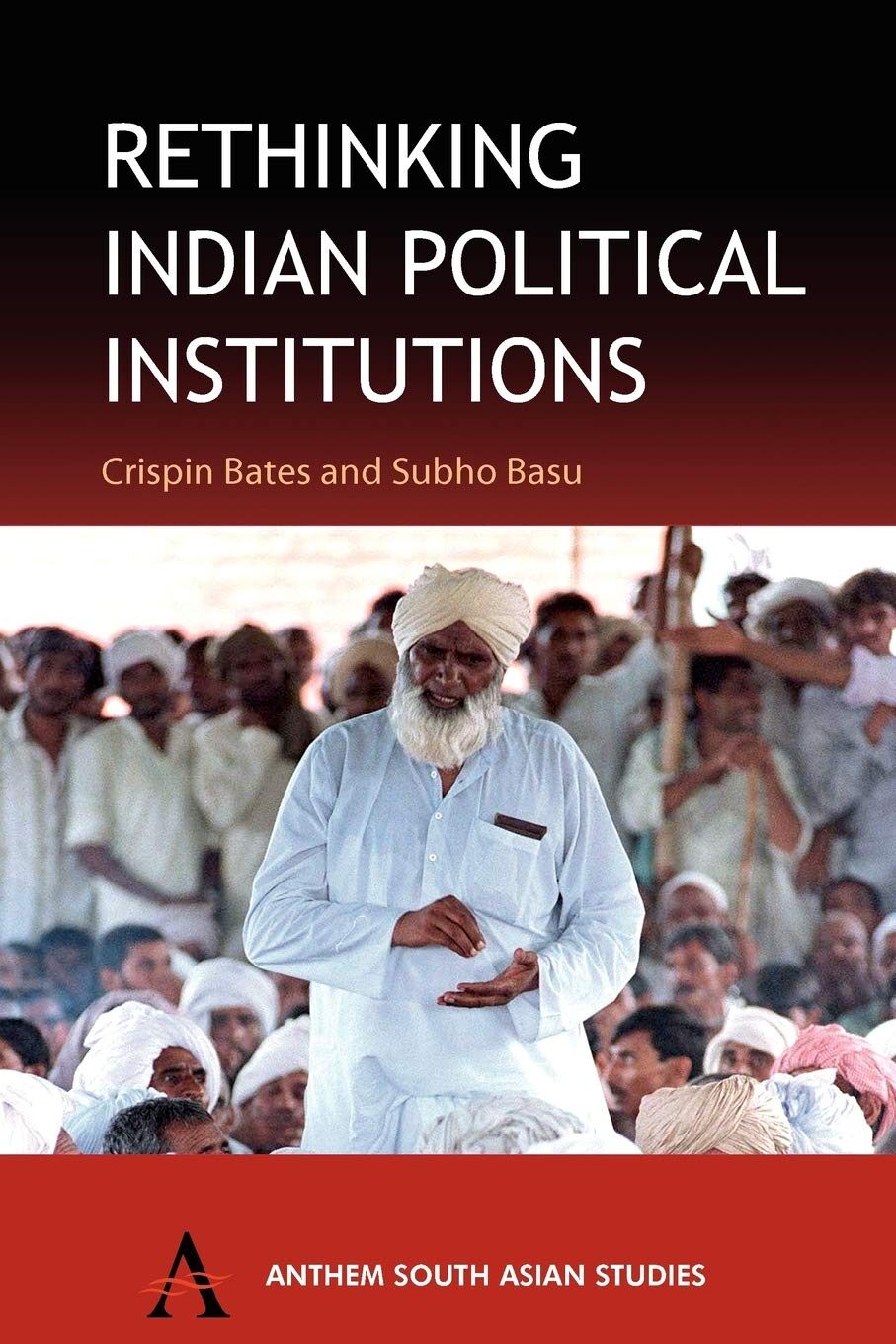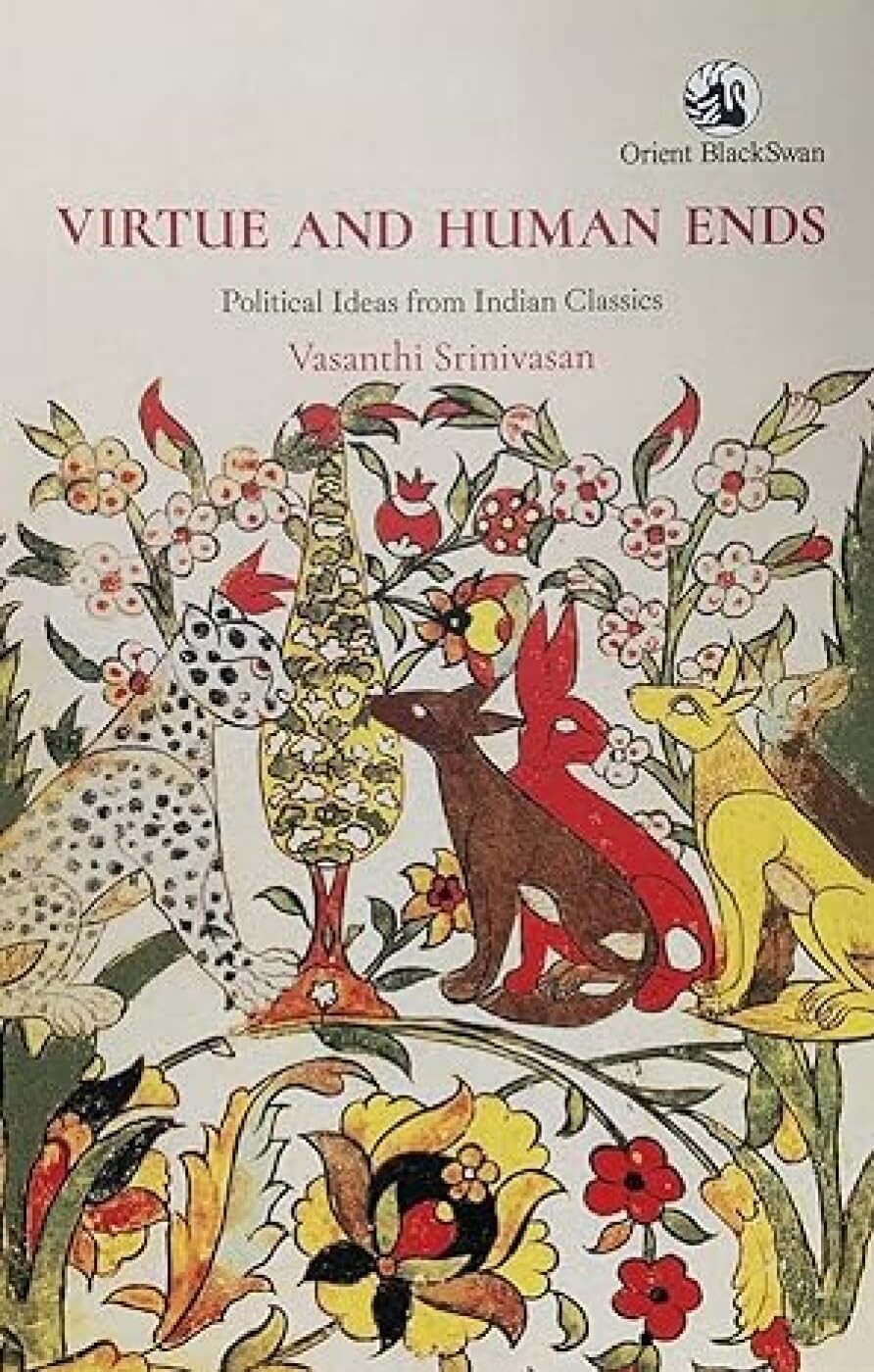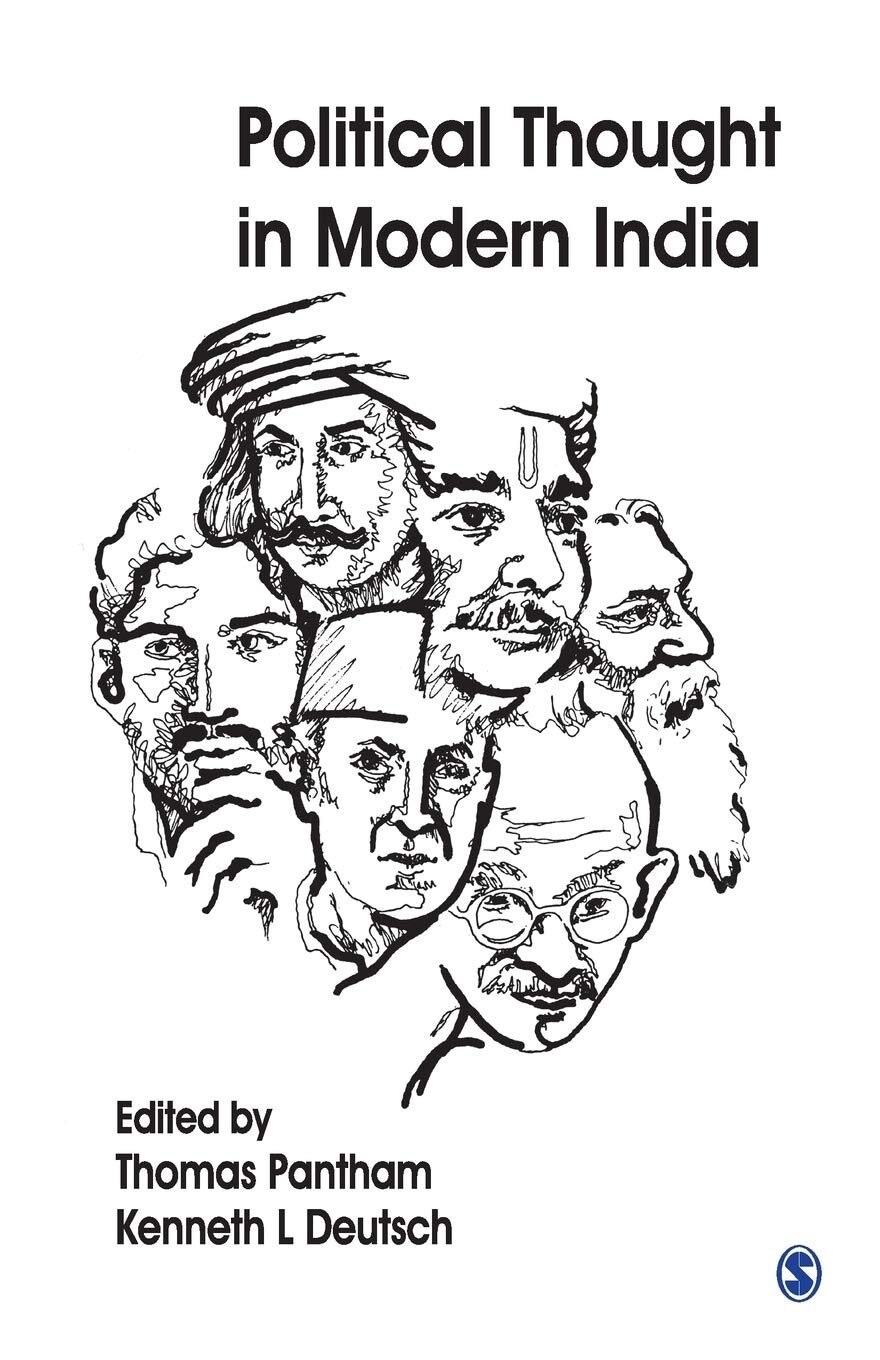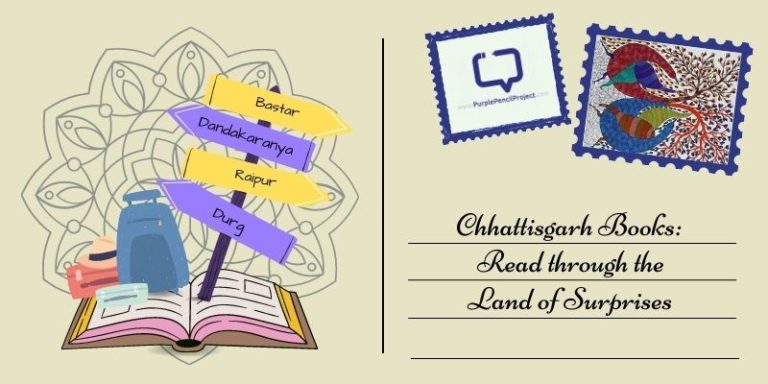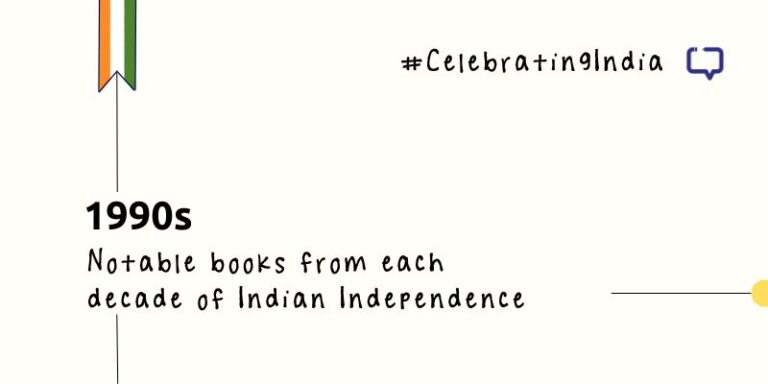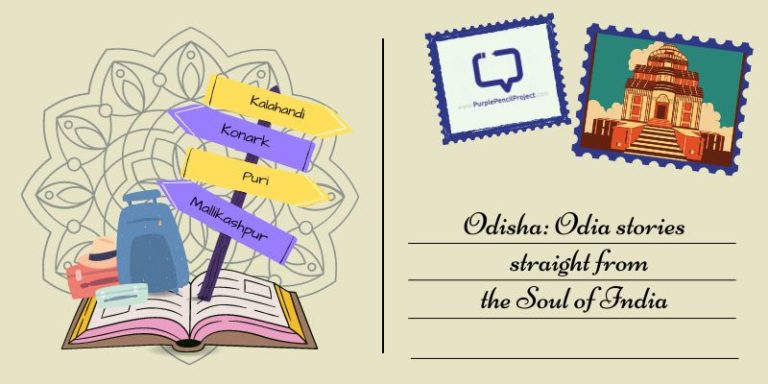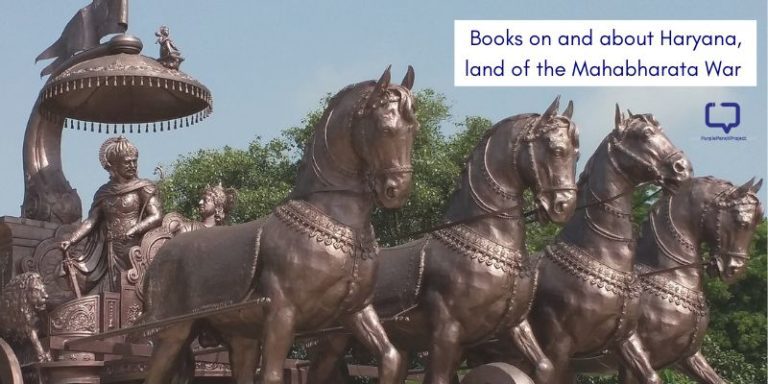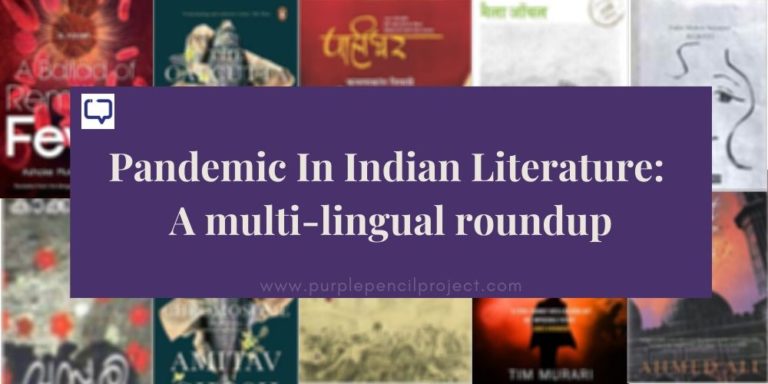Every country and society can be viewed and understood through different perspectives. Political thought is perhaps one of the, if not the most mainstream, ways to understand how a culture and nation were shaped through the centuries. In today’s article, we’ll explore some must-read books on Indian political thought, encompassing ancient philosophies, colonial struggles, and contemporary analyses. While we aim to create comprehensive lists, there’s always scope for improvement. If you think a title should’ve been included in this list but isn’t, comment below and let us know!
We encourage you to buy books from a local bookstore. If that is not possible, please use the links on the page and support us. Thank you.








